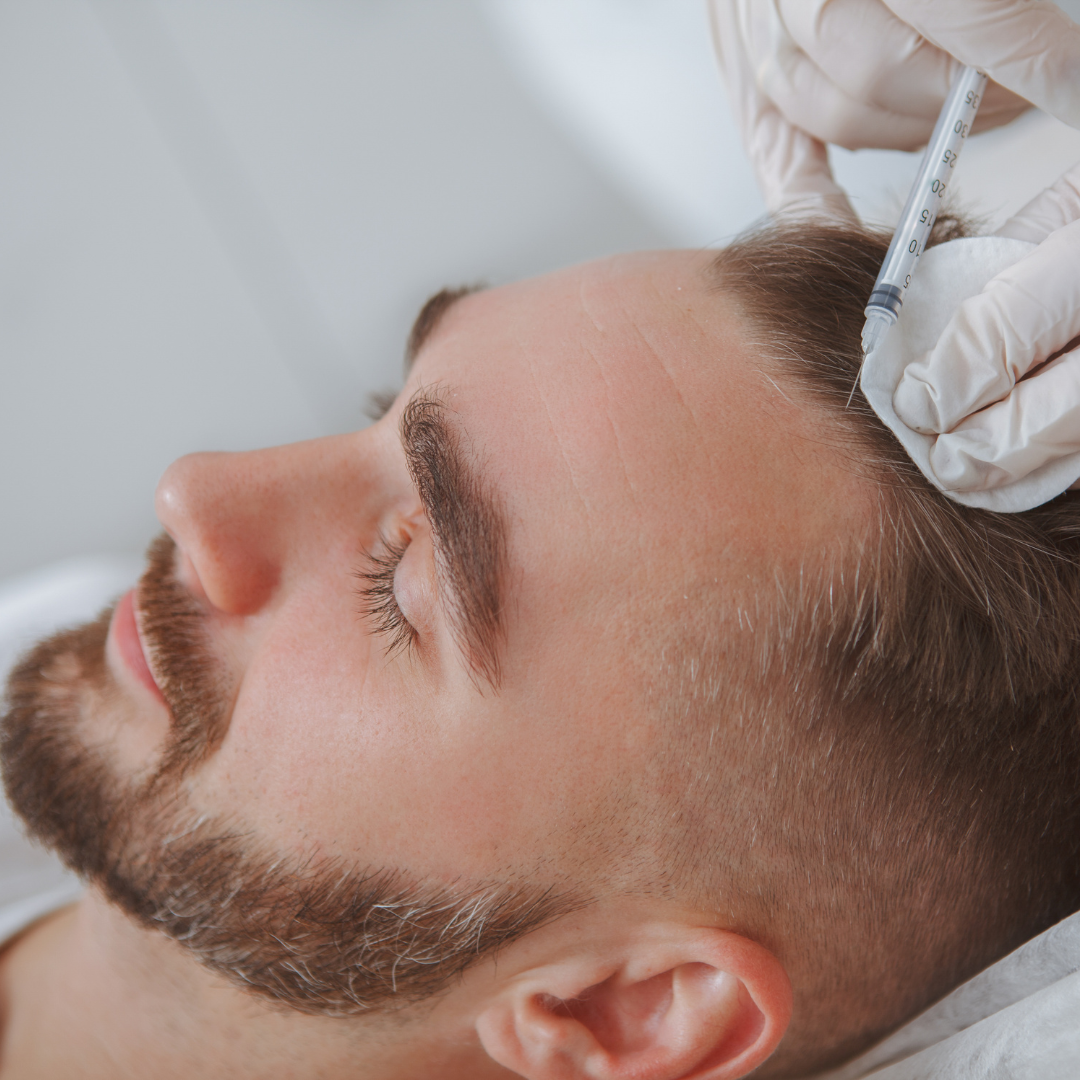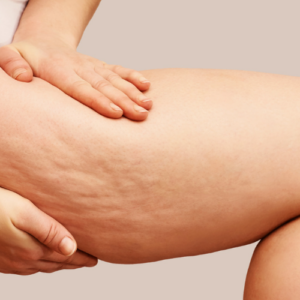
Watching yet another clump of hair swirling towards the shower drain as you wash out one more application of ridiculously expensive “guaranteed to thicken hair!” shampoo, you start to question if there’s something better out there. PRP, or platelet-rich plasma, therapy could be the answer. Using products found in your own blood, PRP is a safe, nonsurgical option to regrow hair. However, while PRP therapy is an incredible option for many people, there are some factors that can reduce the effectiveness of your results and your ability to benefit from the treatment.

Who Makes the Best Candidate?
Ideal candidates tend to be at the beginning stages of thinning hair and have follicles that are still at least partially active. This, however, doesn’t mean that people with advanced hair loss or inactive follicles are out of luck, the results may just be slower and require more treatments. Generally, the effects are the best on people with overall weak follicles and those who have small areas of alopecia areata, which is hair loss due to your immune system accidentally attacking your hair follicles. Yes, your immune system does great things, but it can also get paranoid and start wiping out good things too.
Other Factors: Being in general good health and having realistic expectations are also important for the overall results and experience. Most people require several treatments to achieve maximum benefits and the results may not be visible for several months. Going into the first procedure and expecting to walk out with hair like an 80’s metal band rock star will lessen the experience and set you up for disappointment. Instead, PRP promotes natural hair growth at a natural speed which is ideal for better looking hair in the longrun.
Related article: Suffering from Hair Loss? PRP Can Help!
Who Might Not be Able to Use PRP?
Hair loss due to chemotherapy is an extremely stressful side effect of an already taxing experience. While PRP can be used after chemo is completed, it isn’t typically recommended while treatment continues. This prevents one treatment from affecting the other and helps you get better, turer results.
Blood Disorders: Those who have certain blood disorders that prevent adequate clotting or result in deficient amounts of platelets are also not good candidates. Sepsis, a blood infection, needs to be before PRP can be considered. Smokers, those with low blood pressure and users of cortisone therapy may also have issues receiving treatment and will be evaluated on a case by case basis.
We strive to help and to address the hair thinning and loss concerns of all patients and potential patients. While PRP is a good option for many, there are some factors that can hinder the effectiveness of the treatment. We’re committed to providing a rewarding experience for all hair loss sufferers and will thoroughly assess your condition before prescribing PRP to you.
Book Free Consultation
"*" indicates required fields
-
Facebook
-
Twitter
-
Linkedin






